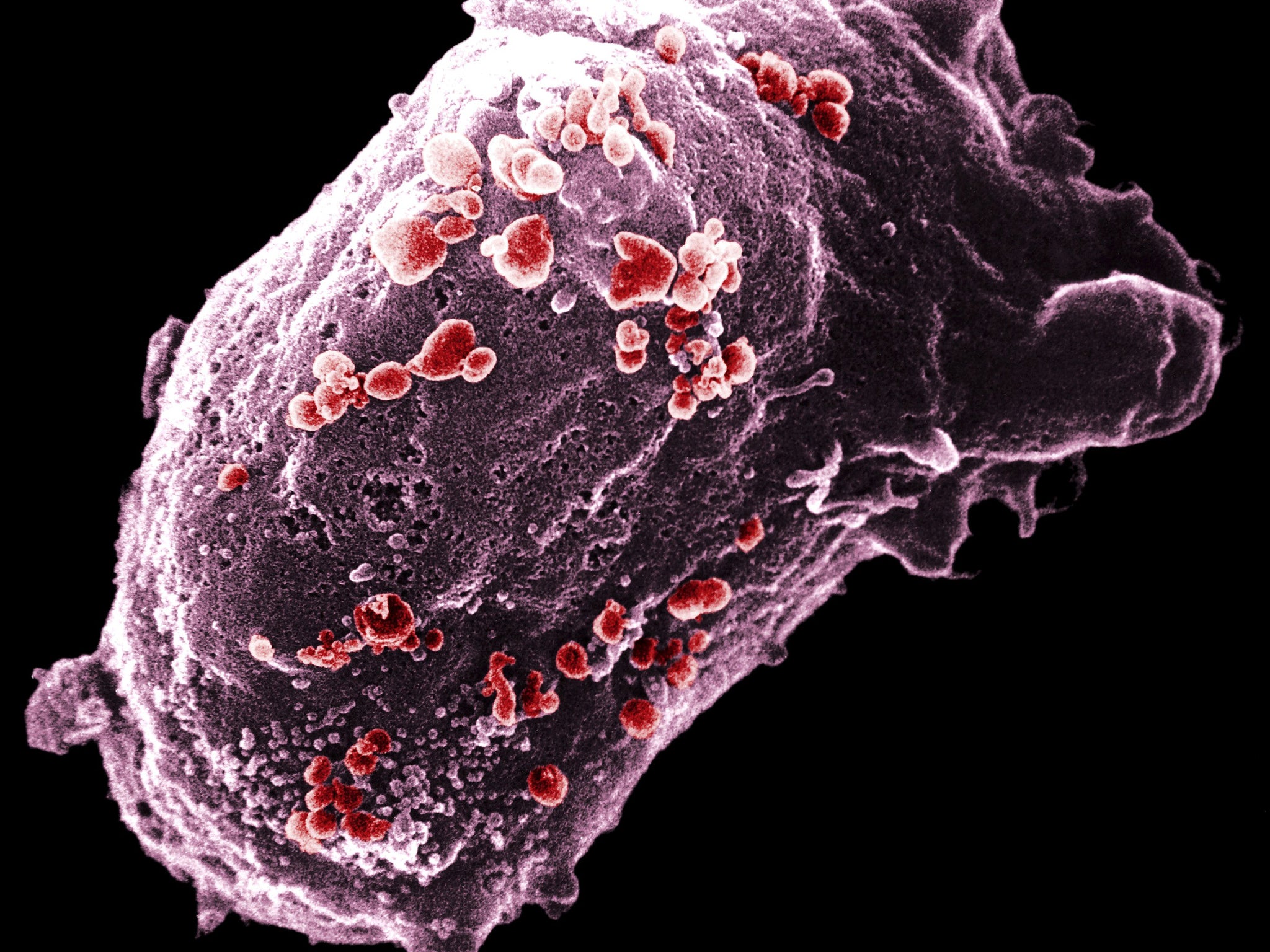HIV drugs could 'functionally cure' about 10% of early diagnosed patients
Breakthrough follows reports of a baby girl in the US who was 'cured' after very early treatment

Around 10 per cent of HIV patients could be "functionally cured" if rapid treatment is given soon after infection, according to researchers in France.
The researchers studied a group of 14 people - known as the Visconti cohort - who began a course of antiretroviral drugs within 10 weeks of infection but then stopped therapy after around three years. Normally, when patients stop treatment, the virus bounces back, but the researchers found that this was not the case with this group.
This breakthrough follows reports of a baby girl in the US who was 'cured' after very early treatment.
Though drugs do keep levels of the virus down, they cannot completely eradicate all traces, and therefore patients are only "functionally cured".
However, some of the Visconti patients have been able to control HIV levels for 10 years.
Dr Asier Saez-Cirion, from the Institute Pasteur in Paris, told the BBC: “Most individuals who follow the same treatment will not control the infection, but there are a few of them who will.
“They still have HIV, it is not eradication of HIV, it is a kind of remission of the infection.”
He estimated between 5 and 15 per cent of patients will no longer need drugs if the virus is attacked soon after infection.
However, patients with HIV are not usually diagnosed until the virus has fully infiltrated the body.
Early treatment may limit the number of unreachable 'hideouts' for the infection, but researchers are unsure as to why this isn't the case in all patients.
“The presumption is that they've started treatment very early and the virus hasn't spread to so many of the long-term reservoirs and that's why it works," Dr Andrew Freedman, a reader in infectious diseases at Cardiff University School of Medicine told the BBC.
“Whether they'll control it forever, or whether it'll be for a number of years and subsequently they will progress and the virus will reappear, we don't know,” he said.
The National AIDS Trust has welcomed the findings, saying it is "exciting times" for progress towards a cure, but that it also highlighted the importance of early treatment.
Deborah Jack, the chief executive of the National AIDS Trust said: "This just underlines the importance of people being testing and diagnosed early. Currently half of people living with HIV in the UK are diagnosed late - indicating that they are likely to have been infected for five years.
Join our commenting forum
Join thought-provoking conversations, follow other Independent readers and see their replies
Comments